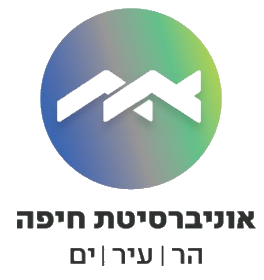Social Media and Governance

Over the last 15 years, the Internet has become an integral part of society. It allows for different modes of action, ranging from mass-media-like communication over interpersonal ex-change to human-computer-interaction. More recently, technological innovations like Blogs, Wikis, Social Networking Sites and Tagging Platforms, as well as shifts in the corresponding practices have further lowered the barriers to create, share and modify information and knowledge online.
Social media platforms facilitate various ad-hoc as well as formal and small- as well as large-scale online communities, where UGC flourishes: bloggers post news and analysis, independent musicians distribute their music (MySpace), and amateur photographers post their photos (Flickr) or distribute their videos (YouTube). UGC also takes the form of large-scale online collaboration in producing and disseminating knowledge (such as the Wikipedia project). These dynamics challenge the role of professional experts, the organizational structure of producing and disseminating knowledge, and the ability to control access to content.
The research project addresses the forms of governance emerging within these novel technological and social spaces. Since governance is in close relationship to legal regulation and discussed by legal scholars, the academic debate has certain national particularities. In the German line of debate, governance is understood to be a counter-concept to hierarchical control, relating to both the structure and the process of regulation. In other countries, the literature concerning ʺgovernanceʺ refers to a broader concept which includes governmental regulatory steps of various nature. Generally, governance refers to a system of norms, rules, laws – and factual restrictions of similar effect – that guide and restrain the activities in society and is not exclusively conducted by the state (although the state is a powerful player in this context). Private entities, research and development, nongovernmental organizations and citizens all play an important role in shaping and maintaining governance in general – and in the online realm in particular.
While it remains to be seen whether these concepts constitute a paradigm shift in regulatory theory, governance certainly involves a structural view which seems especially adequate for analyzing regulation in communication networks, which by definition have no organizing center. The mapping of governance in the online realm has famously called for addressing an additional dimension – that of code, i.e. the design of the underlying software interface. The design ʺgovernsʺ the online conduct of users by providing interfaces and algorithms for certain actions and operations. It also governs in subtle ways, by proposing specific default settings or a specific form and range of options and configurations, while leaving out others. This element joins direct and indirect state regulation, market forces and social norms to formulate a four pillar structure which governs online conduct.
The evident lack of knowledge has motivated us to ponder about concrete research activities. The overall goal of those is to contribute to our understanding of governance in the realm of social media.
Names of researchers:
Cooperation with the Hans Bredow Institute
Martin Lose, Dipl.-Jur. Univ.
Markus Oermann, Dipl.-Jur. Univ., M.A.
Katharina Johnsen
Related links:
The Alexander von Humboldt Institute for Internet and Society (HIIG)
Hans Bredow Institute (to the project website: English/German)
Related Documents:

